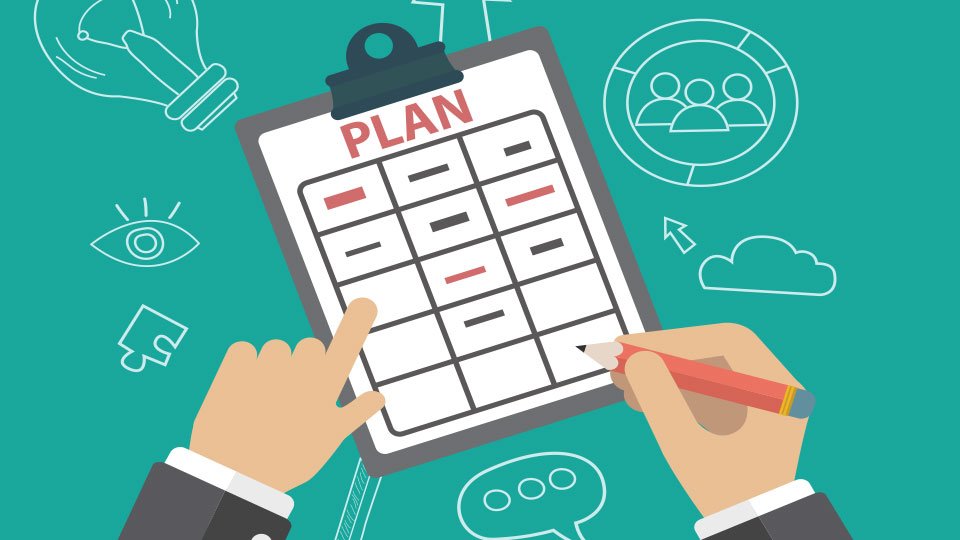If you are already claiming, or plan to claim any of these benefits, it is important you find out about Universal Credit and how it will affect you. You can get practical support and advice about Universal Credit from Money Advice Service.
- Housing Benefit
- Income-based Jobseeker’s Allowance
- Income-related Employment and Support Allowance
- Income Support
- Working Tax Credit
- Child Tax Credit
How we can help?
If you are affected by any of these changes and are worried about being able to pay your rent, you should ask for advice now. You should always let us know if you have problems managing your money or are in debt. If you don’t pay your rent you could lose your home, so it is important that you speak to us.
How is Universal Credit different to current benefits?
- It’s paid directly to you
- It’s paid monthly in arrears
- It’s paid into your bank account or similar
- If you live with your partner and both claim Universal Credit you will receive one monthly payment that covers both your claims.
How does this affect my rent?
- If you currently receive Housing Benefit or have your Housing Benefit paid directly to us it will stop.
- Your Universal Credit payment would include an amount of money to help with your rent.
- This means that you will be responsible for paying your rent yourself.
- If you don’t make rent payments you could lose your home.
When will I be affected by Universal Credit?
- Universal Credit began being rolled out in February 2015 starting with single claimants, with couples and families following.
- To claim Universal Credit you must be aged over 18 but below Pension Credit age.
- If you and your partner are above Pension Credit age you won’t be affected by Universal Credit.
- If you already claim one of the affected benefits, you’ll continue to do so as normal and you’ll be told when Universal Credit will affect you. However, it is worth finding out more so you can prepare.
Universal Credit Planner
The Department for Work & Pensions have provided a Personal Planner which will show you what you need to do to be ready for Universal Credit.
It will help you to find out if you’ll need to do anything differently to manage a Universal Credit claim. DWP Universal Credit Personal Planner
What is Universal Credit?
Prepare for Universal Credit
Step-by-step guide
6 top tips
Get your rent account into credit now. If you pay a little extra each week on top of your rent now, it will reduce the risk of being in arrears when you’re switched over to Universal Credit.
Make sure you have a bank account or similar that can receive the payment. If you have a bank account, you should check that you can use it to set up direct debits. If you don’t have an account you should open a bank, building society, Post Office or credit union account. You can find out more about how to choose a bank account from the Money Advice Service.
Decide how you’re going to pay your rent. Direct debits are a quick and easy way to pay your rent. You set it up once and don’t have to remember when to pay.
Get used to budgeting for monthly payments if you don’t already. You will receive your Universal Credit once a month, so you’ll need to ensure you pay your rent and other bills, leaving enough for essentials, such as food, for the month.
Think how you will manage your money. If you are struggling to make ends meet, contact us straight away and we’ll see how we can help you.
Make sure you will be able to claim online. You can access the internet free of charge at your local library and they often also offer computer training if required. You will also be given assistance at your local job centre with your application.
Privacy Notice
Radcliffe Housing Society Ltd is a Registered Social Landlord and is registered with the Information Commissioner’s Office as a Data Controller under the General Data Protection Regulations 2018.








